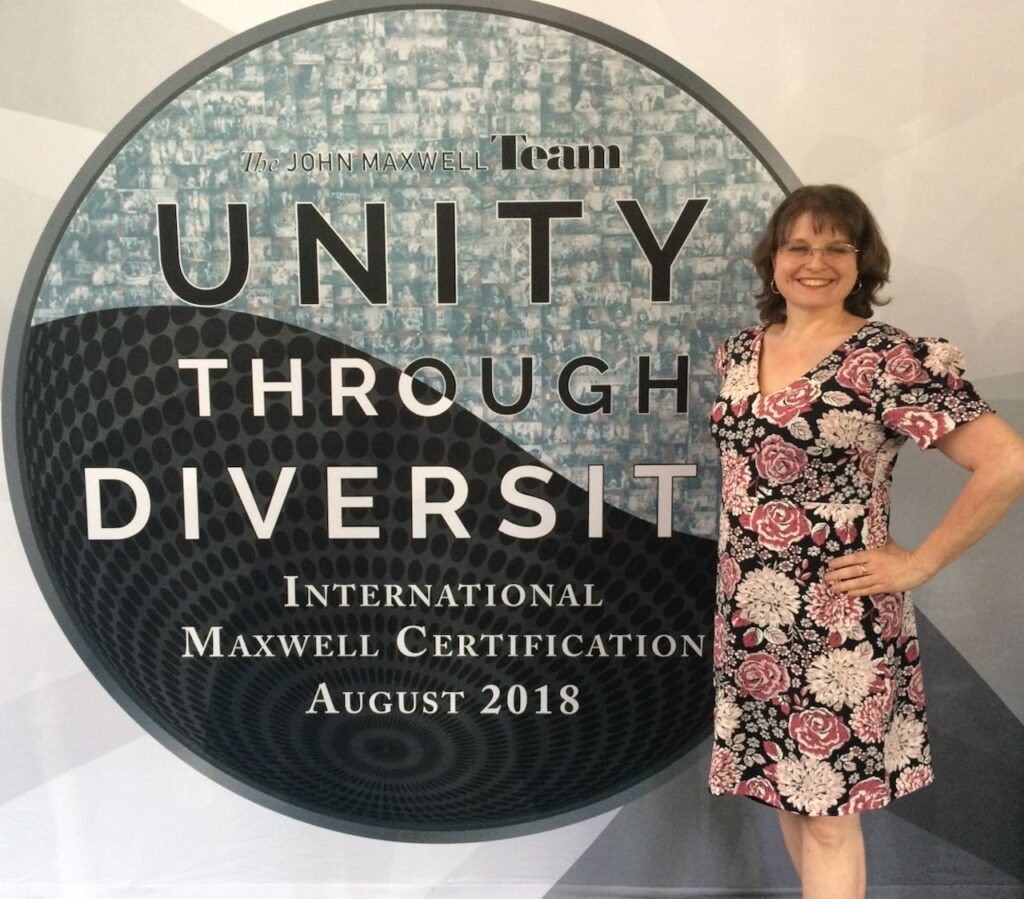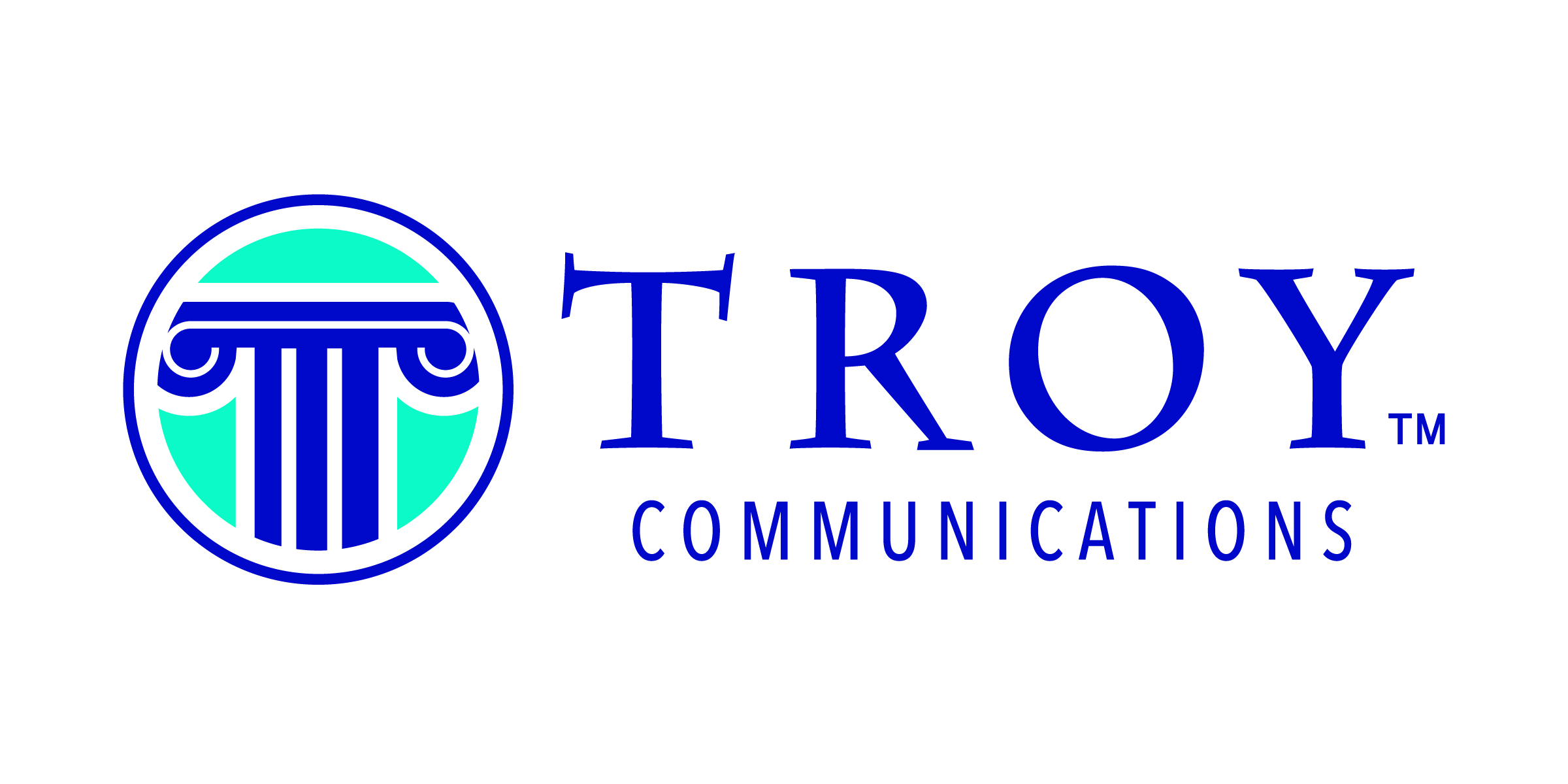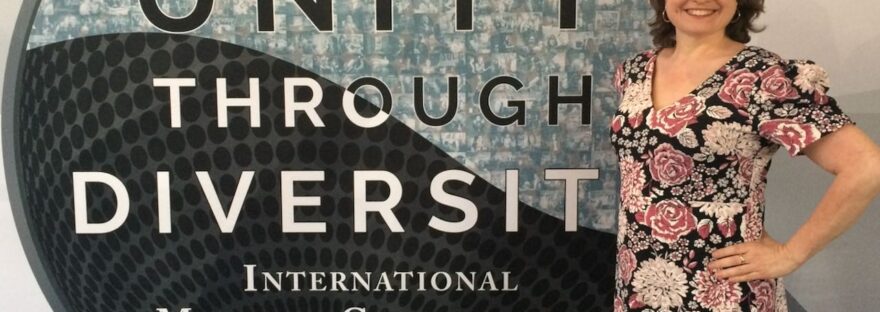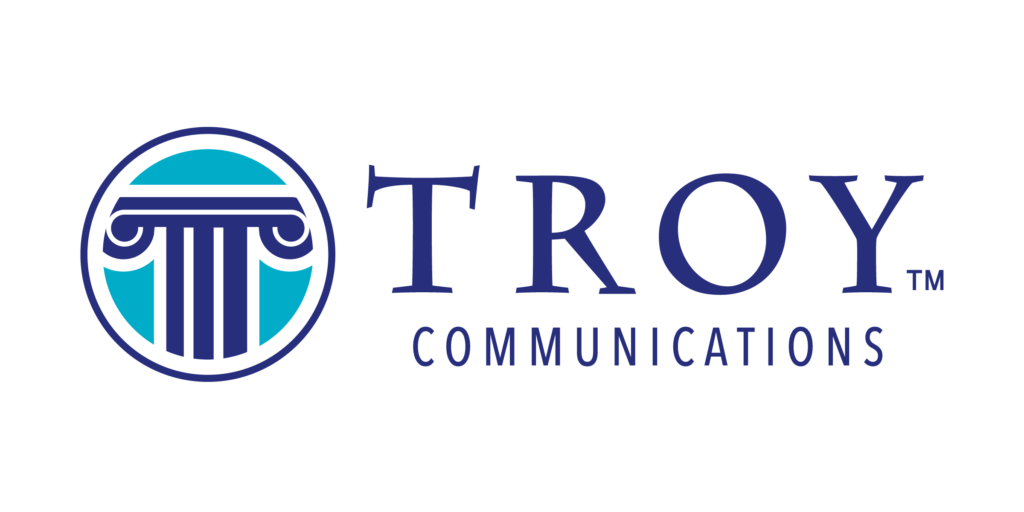
I was recently asked what the top reasons would be that a professional should get started and to learn about cross-cultural communication. I have three key reasons why I think this is an important topic for any professional, but especially for leaders.
- The first reason is, the better you understand yourself, the better you can understand others. As you understand others, you can adapt and connect with them, build strong connections, and find those win-win outcomes that we talk about in business so much. “Understand yourself to understand others.”
- The second reason is that learning cross-cultural communication helps you develop a respect for differences. When you see people from Korea doing things very differently from Americans, you can say, “Oh, that’s because it’s a different culture.” However, when you see your neighbors down the street doing something different from how your family does things, we don’t usually think, “Oh, it’s because it’s a different culture.” We tend to expect everyone to interact with the world the same way we do, but that is unreasonable. There are many ways to do things right in a lot of cases, so developing that respect for differences is the second reason.
- The third reason is to learn to honor and value differences. It’s not enough to recognize and respect differences. You might find another person’s way of doing something is more effective. Just because your family or your community did it one way doesn’t mean it’s the most effective or the best way. As I’ve learned about different cultures and different ways of doing things through interacting with professionals from other countries, I’ve been able to create my own way of approaching things.
In the end, I think it’s human nature to gravitate towards what’s familiar, but I love what John Maxwell says.
In his book The 21 Irrefutable Laws of Leadership, he has the Law of Magnetism, which states, “Who you are is who you attract.” A lot of times we attract the people who look and act and sound like us; that’s natural. But when you’re intentional, you can attract the people who have the same values, who might look and sound and act differently, but have similarities that go deeper than the surface.

Again, it’s human nature to connect with people who are familiar, but when you step out of your own perspective, there’s so much you can learn, and you can benefit from the enrichment that comes from diverse perspectives.
Not sure where to start? I offer complimentary, no obligation introductory consultations. Schedule your consultation at https://calendly.com/tasham-troy/consultation, or contact Tasha M. Troy at tmtroy@troycommunications.net.




